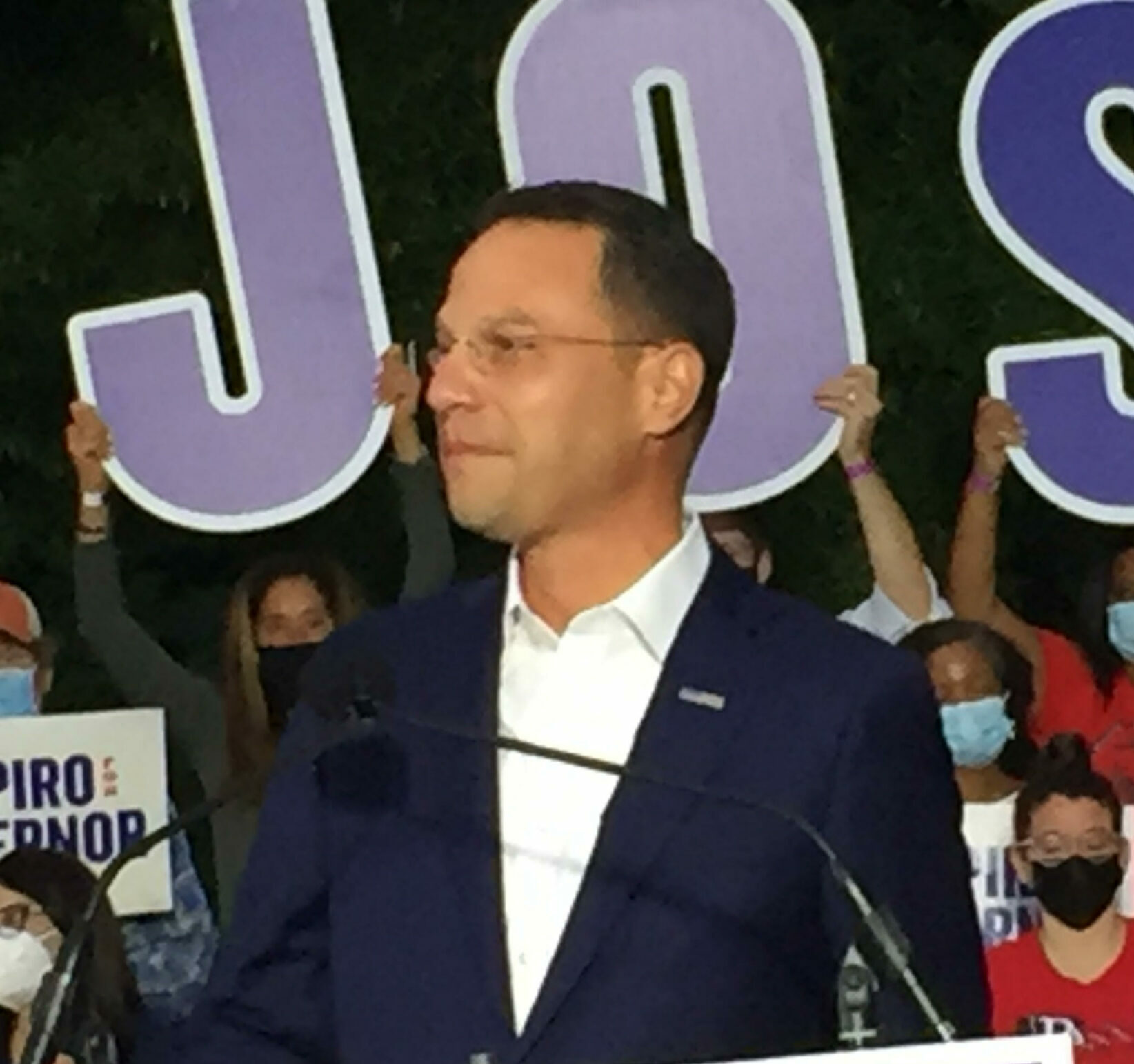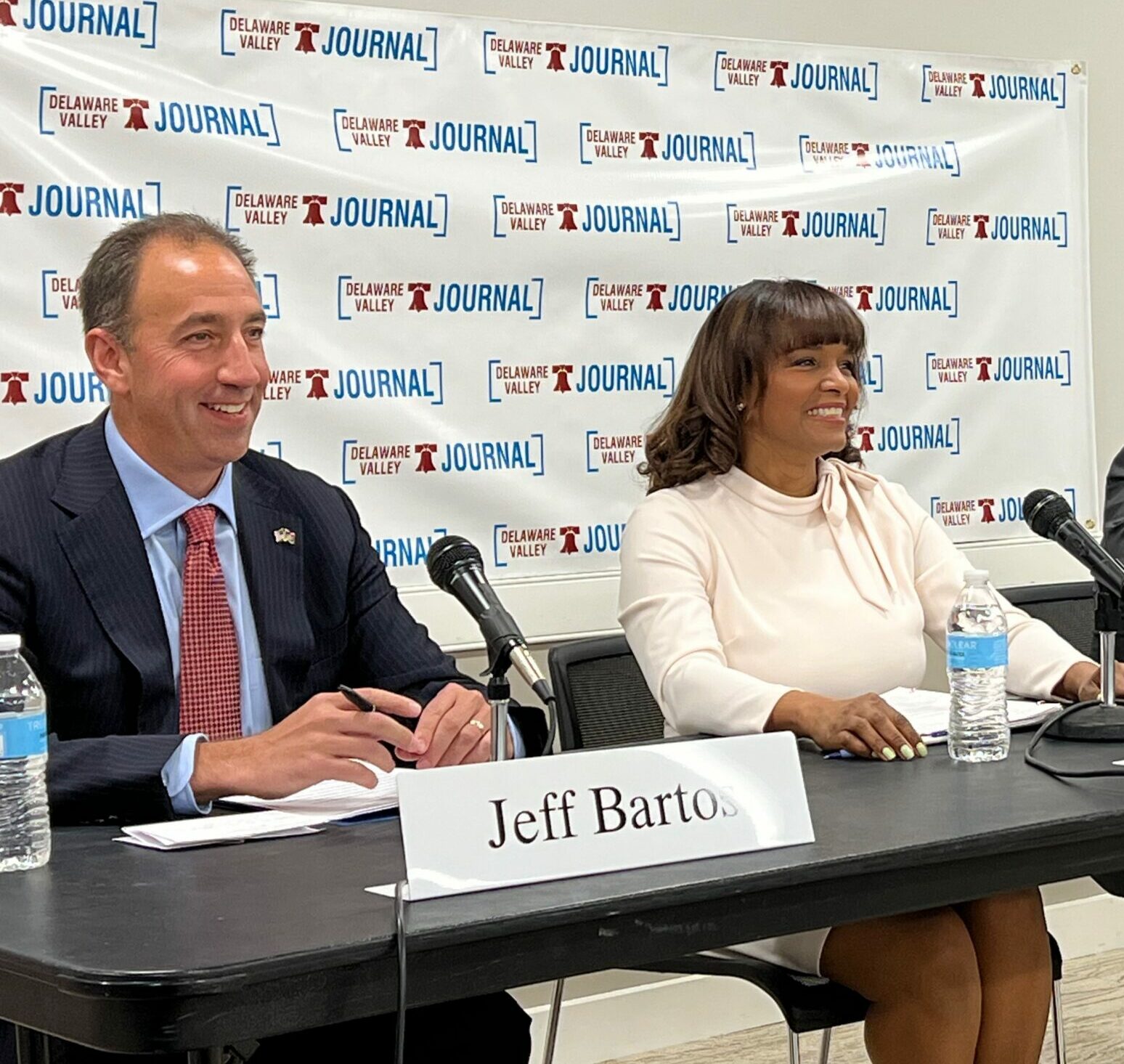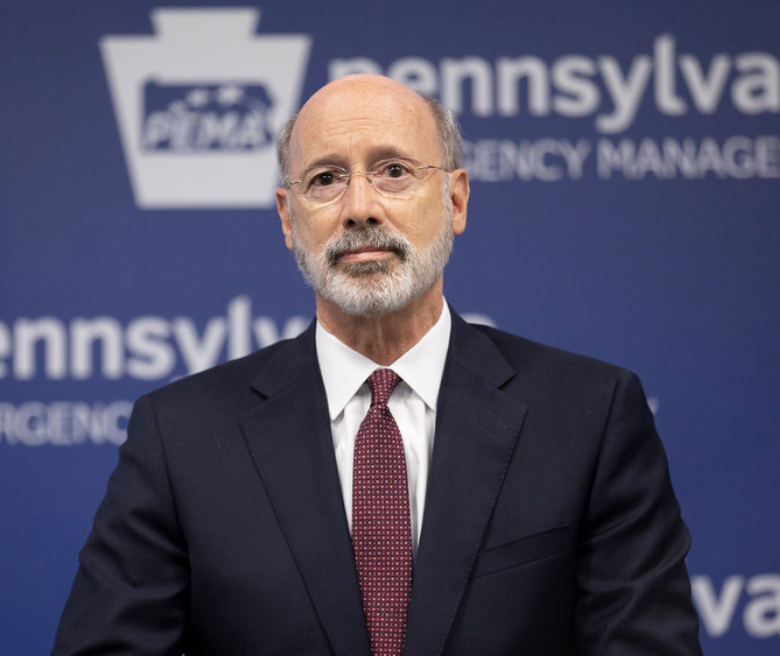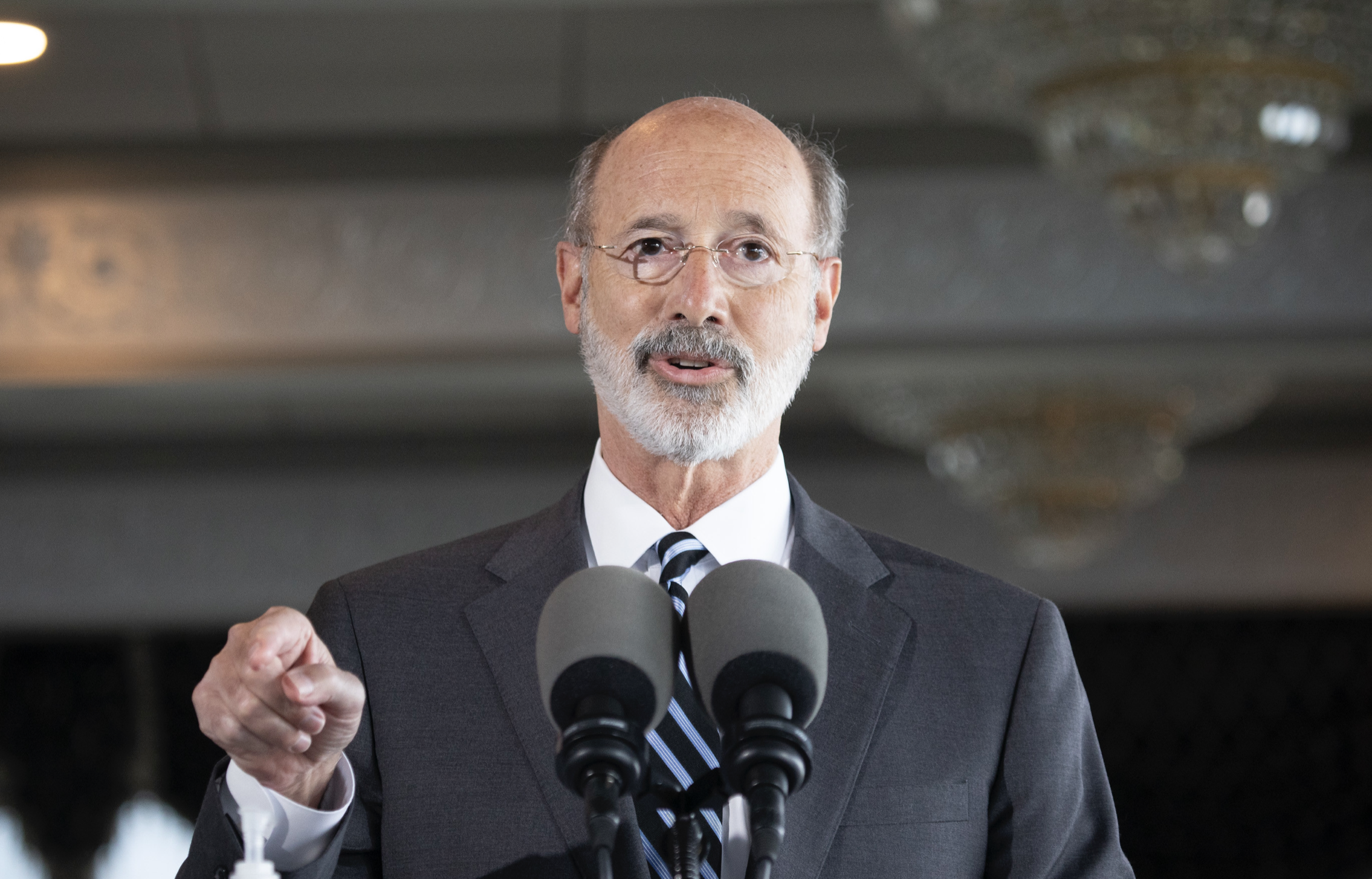RGGI Will Cost PA Billions, Nonpartisan Review Says

One year, $663 million.
That is the price tag Pennsylvania’s nonpartisan Independent Fiscal Office said will likely result if and when the state joins the controversial Regional Greenhouse Gas Initiative as Gov. Josh Shapiro has indicated it will.
Shapiro’s administration “estimates that proceeds from this initiative will total $663 million for fiscal year 2023-24,” the IFO said in its state Senate Appropriations Committee report last month.
The IFO noted that a Pennsylvania Department of Environmental Protection estimate put the number tens of millions of dollars higher, at $688 million. Either way, the green-energy plan will increase energy costs by billions over the next decade.
At last month’s appropriations hearing, Montgomery County state Sen. Tracy Pennycuick (R-Bucks/Montgomery) quizzed Independent Fiscal Office Director Matthew Knittel on RGGI’s potential effects on job development in the state.
“We are a net producer of energy, which is great,” Pennycuick said. “But if we were to enter into RGGI, how would that affect our ability to attract new businesses to Pennsylvania?”
Knittel did not answer the question directly. “Like other levies on energy, I would assume that those costs would be passed forward to the ultimate consumers of the energy,” he said.
Asked by Sen. Elder Vogel “how [the money] would be collected,” Knittel said, “The RGGI entity runs the auction process, they would collect the revenues, and then redistribute them out to the states.”
Knittel said the money would be funneled into the Pennsylvania Clean Air Fund, after which it would be distributed throughout the state.
Vogel told the Delaware Valley Journal the state’s adoption of RGGI “will certainly raise energy prices, which I believe will burden both current Pennsylvania businesses and prospective businesses interested in establishing roots here, as well as vastly increase the number of jobs lost across our state.”
Vogel admitted that “it is unclear at this time if these increased energy costs would indeed be a reasonable trade-off because we don’t truly know what the impact on the environment will actually be.”
At the hearing, Senate Appropriations Chair Sen. Scott Martin (R-Lancaster) told DEP Acting Executive Deputy Secretary Jessica Shirley the state has been “fighting this battle over RGGI for a very long time.”
“There’s a lot of ideas out there,” Martin said. “We want to be part of that conversation with you. It’s really important now more than ever. People are facing inflationary costs now.”
As a gubernatorial candidate, Shapiro originally indicated he opposed the implementation of RGGI in the state. Since taking office, he has moved to consider enacting it.
Former Gov. Tom Wolf had previously tried to implement RGGI via executive directives. The state Commonwealth Court blocked the move last summer, with the program’s adoption in the state still tied up in litigation as of this month.
Sen. Kristin Phillips-Hill (R-York) told DVJournal the Shapiro administration planned on “going it alone” on RGGI.
“This is something they’re trying to enter us into without the consent of the General Assembly,” she said. “Every other state has done it expressly through their legislatures. From a process point of view, I’m really concerned.”
Phillips said the state assembly tried to litigate the potential unilateral implementation of RGGI. “We were not successful,” she said.
Sen. Greg Rothman (R-Cumberland/Dauphin/Perry) echoed Phillips-Hill’s criticism of potential unilateral RGGI implementation.
“I do not [support it],” he told DVJournal. “And even if I did, it should be joined with legislature’s consent or by legislation.”
“Obligating the citizens of Pennsylvania to pay higher energy costs without accountability is undemocratic,” he added.
Please follow DVJournal on social media: Twitter@DVJournal or Facebook.com/DelawareValleyJournal










